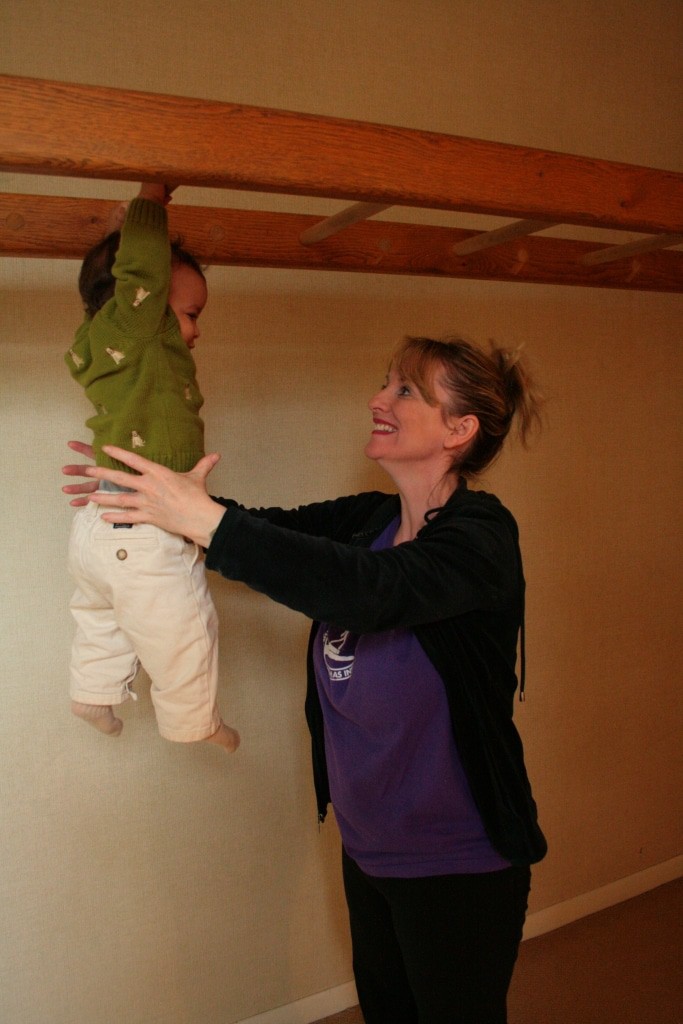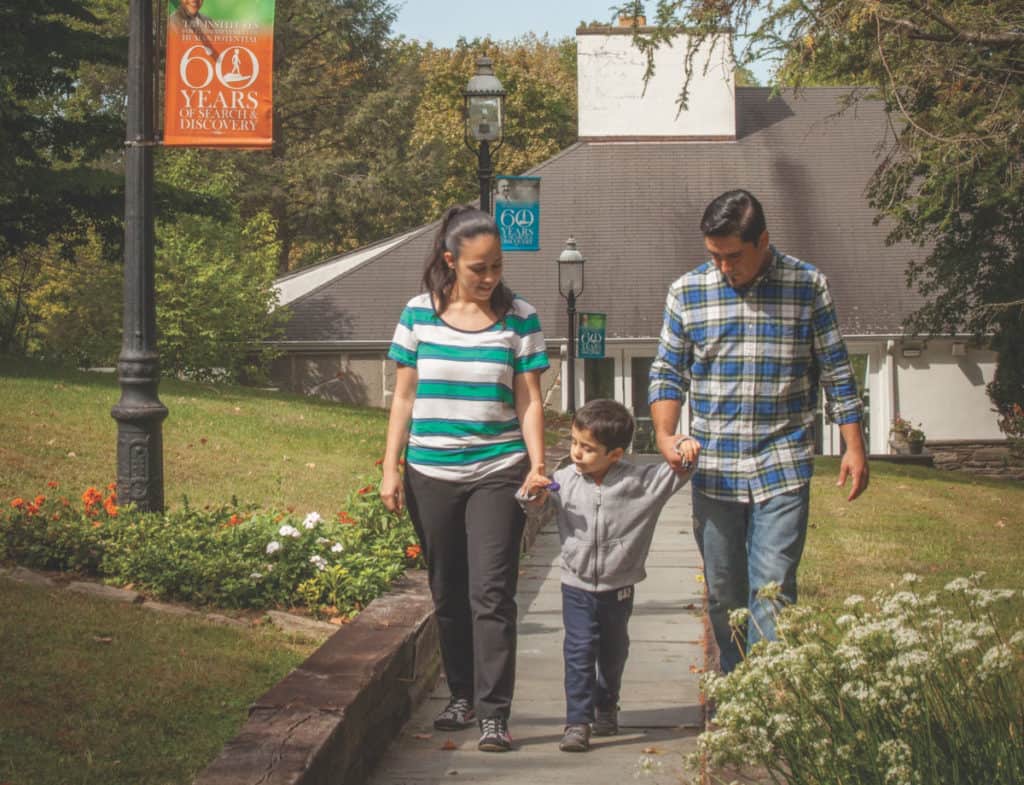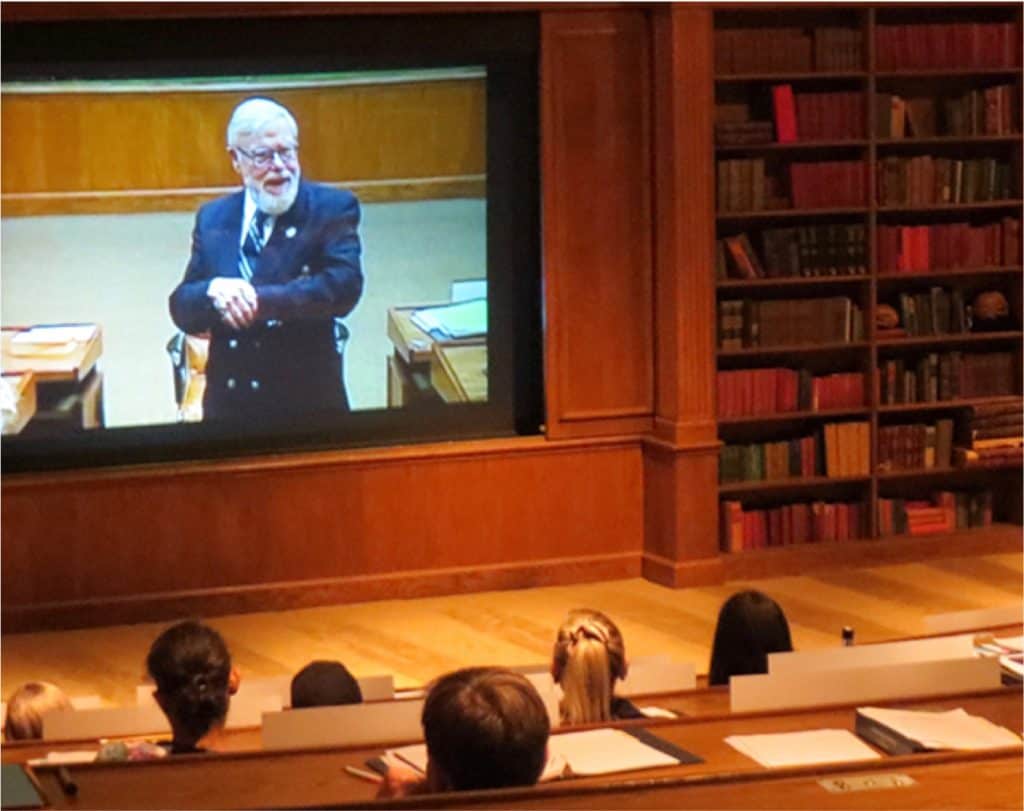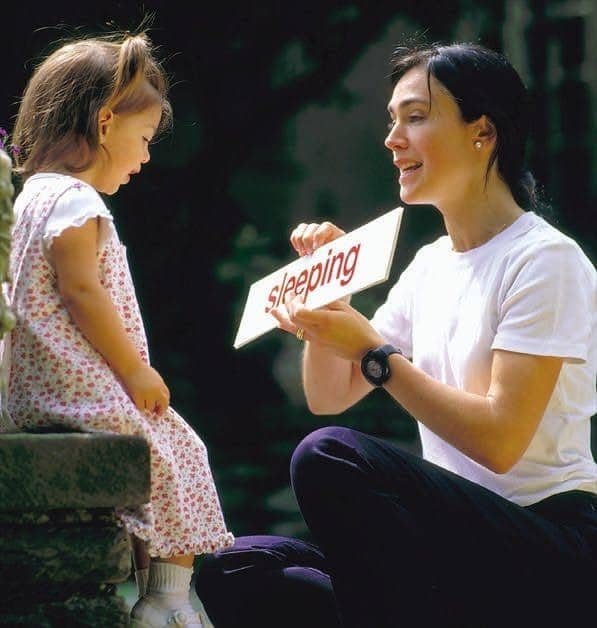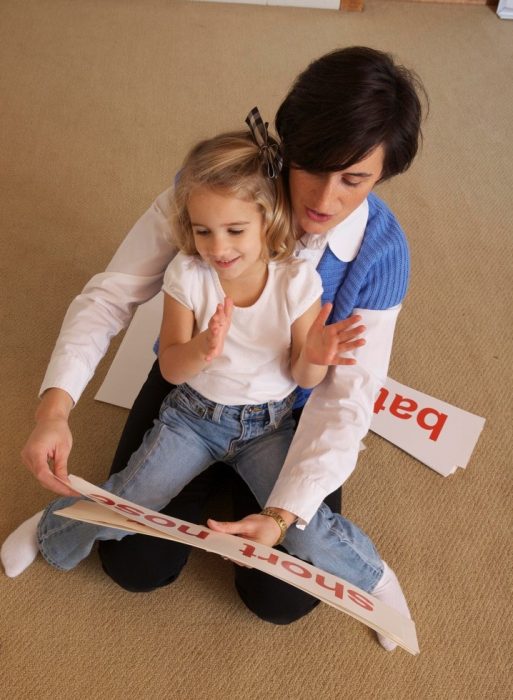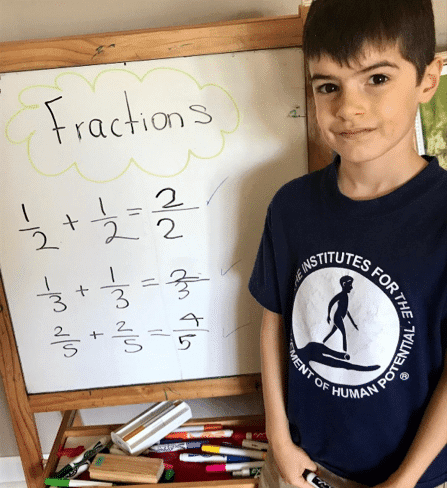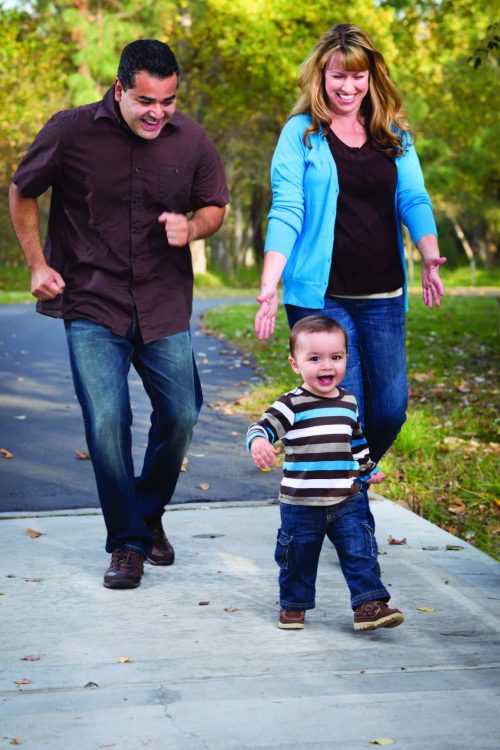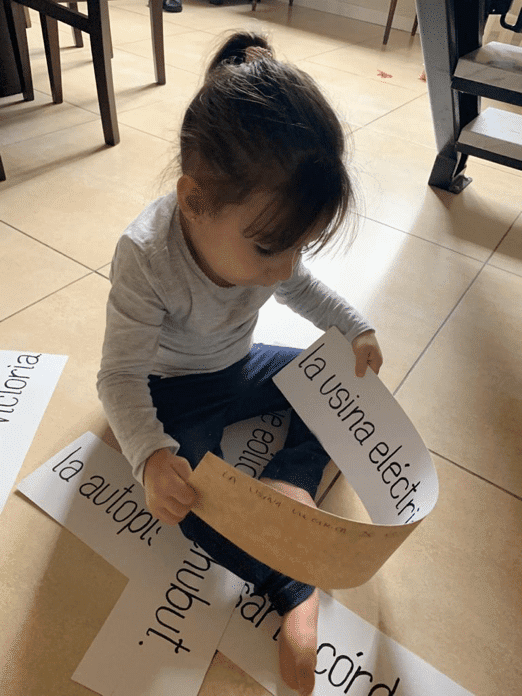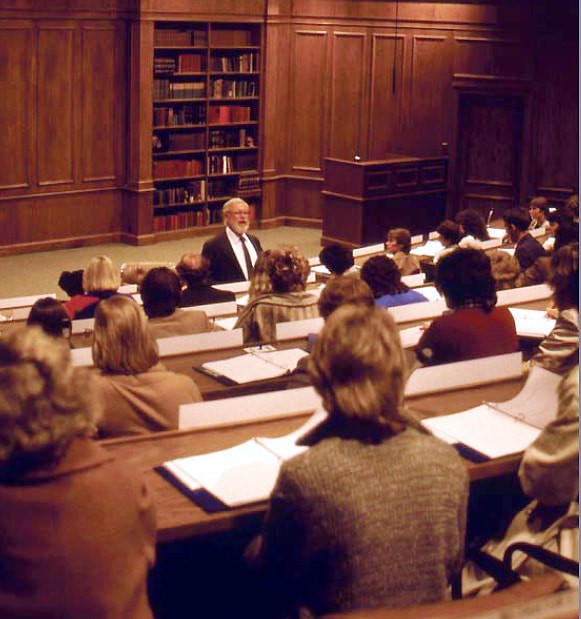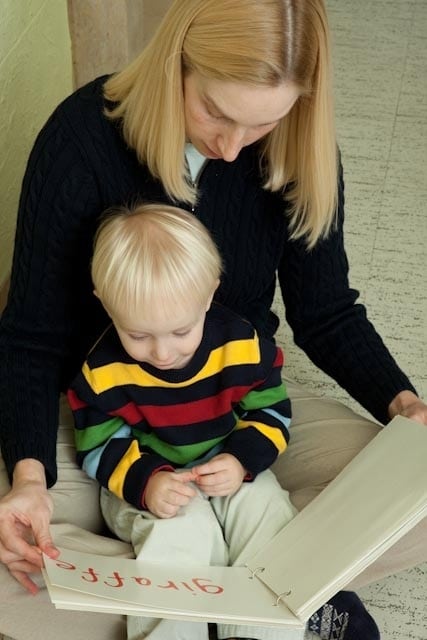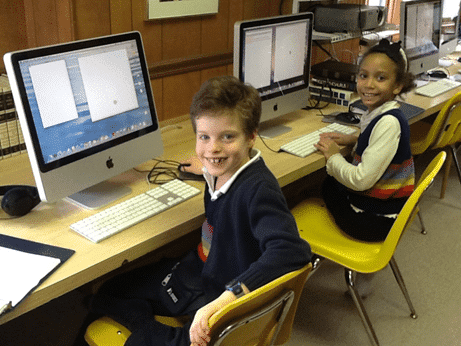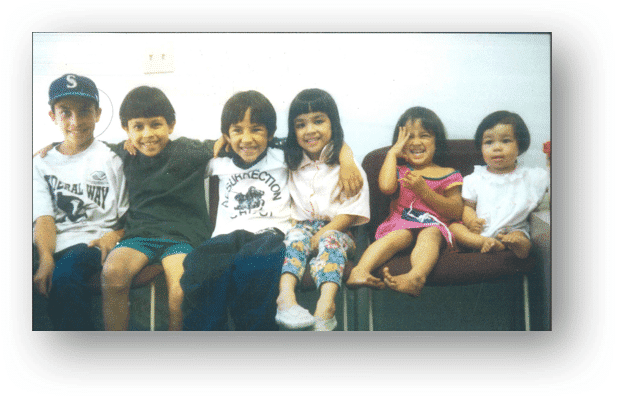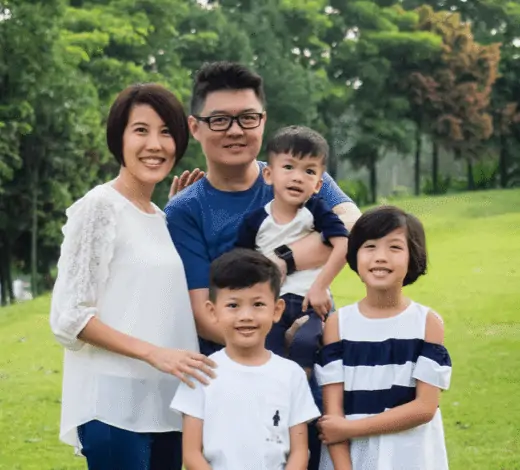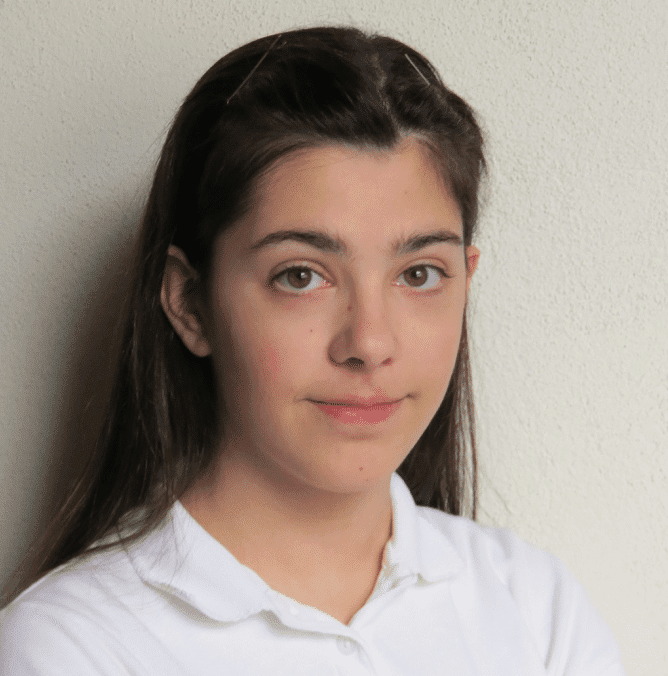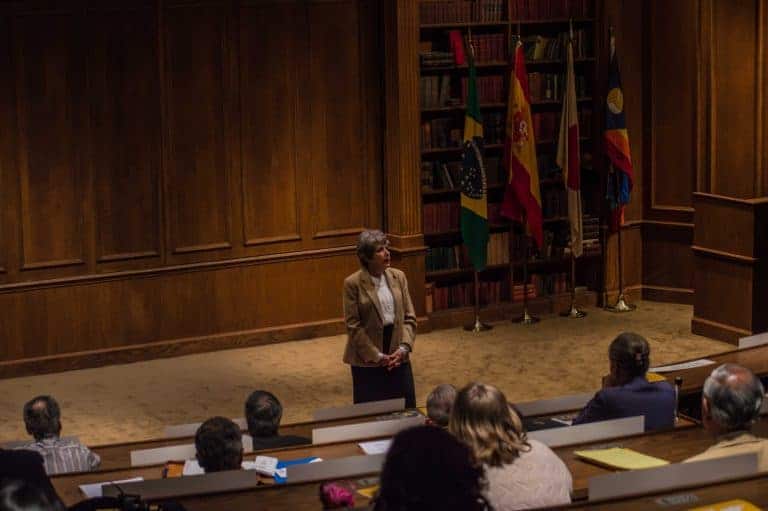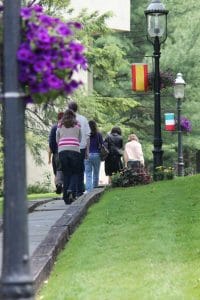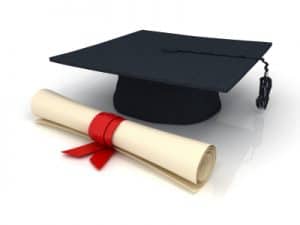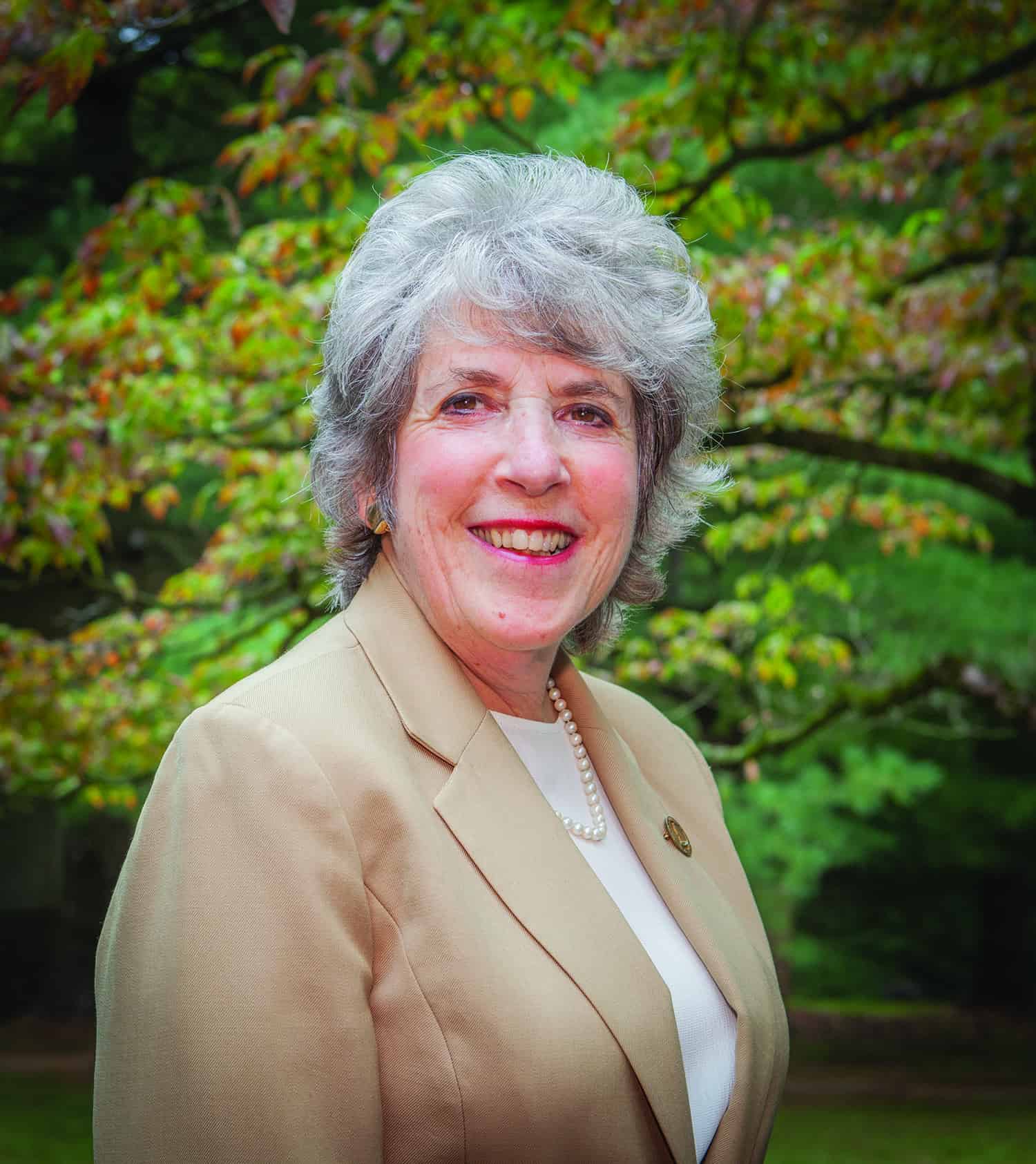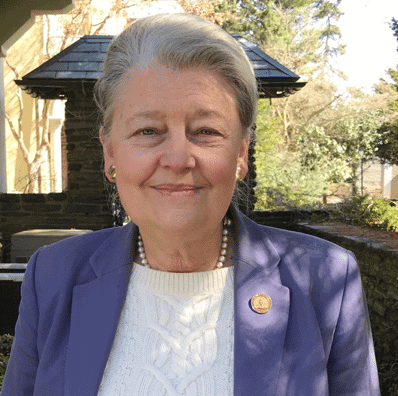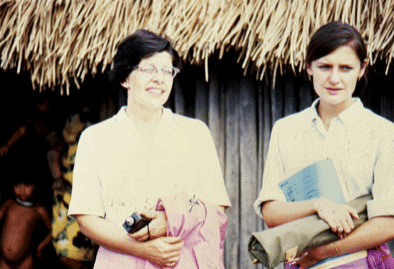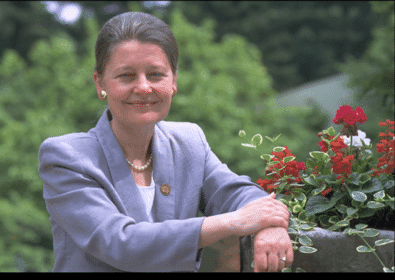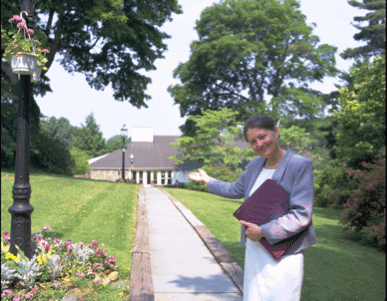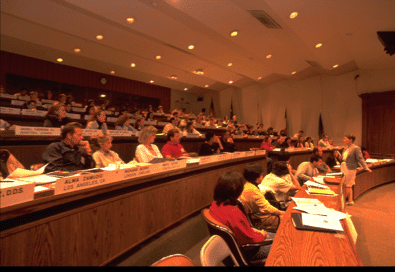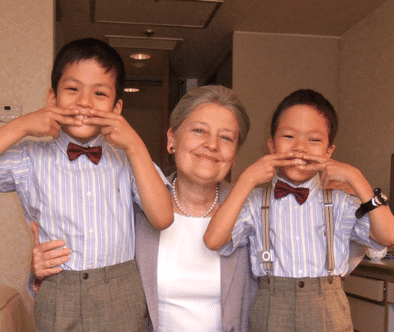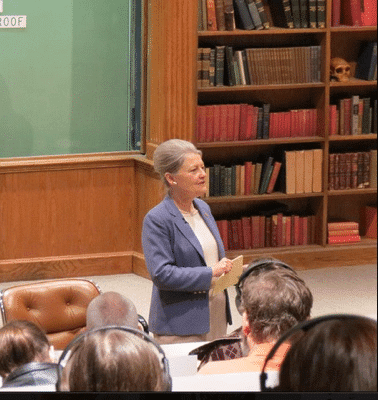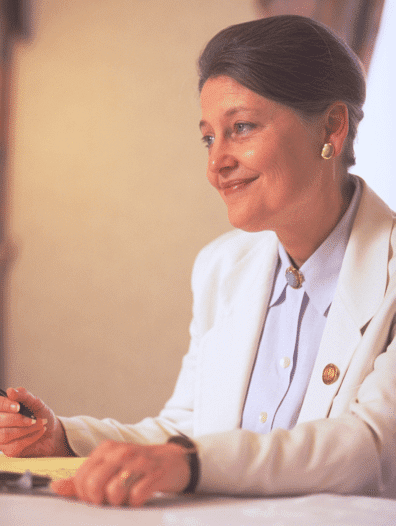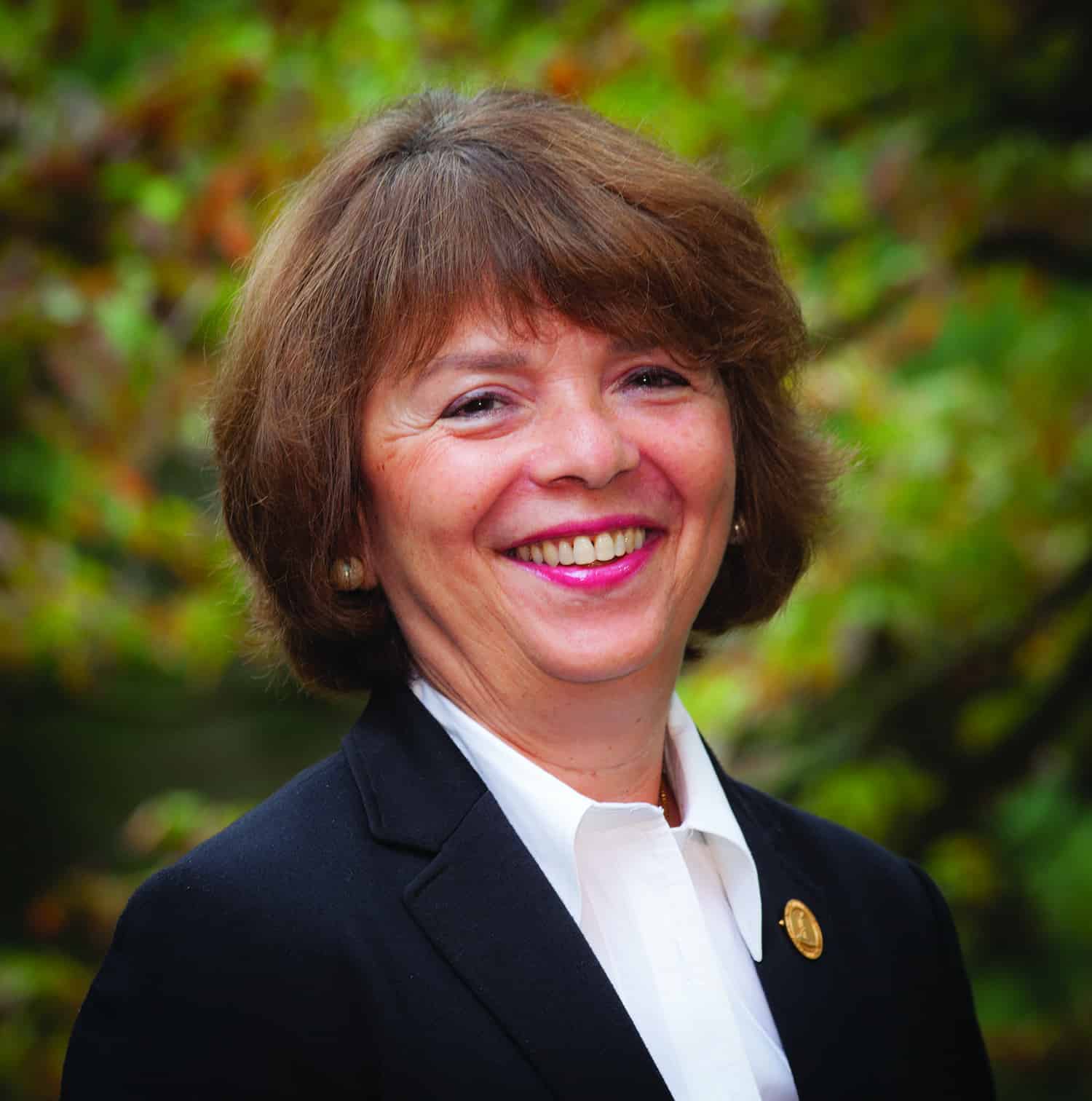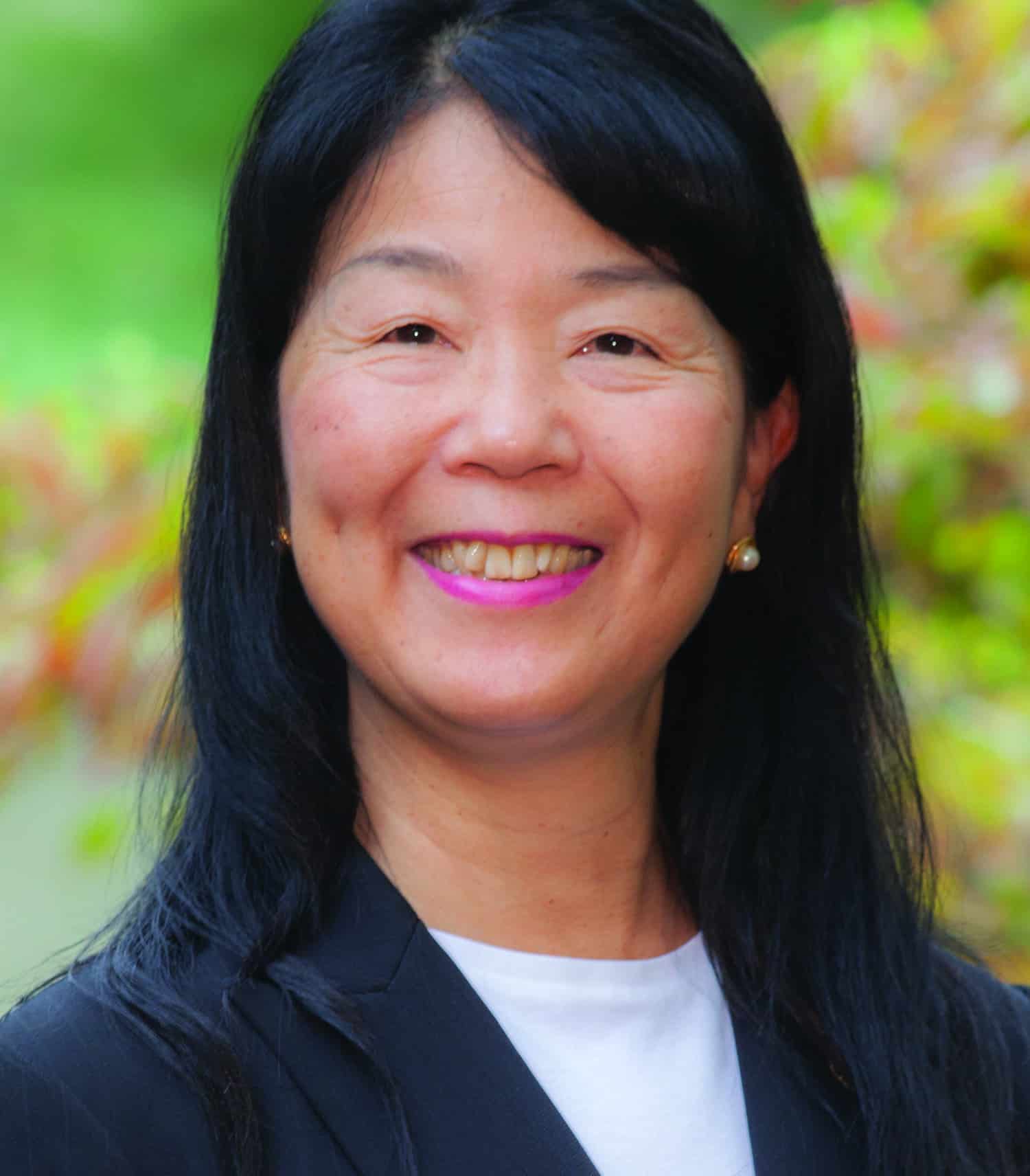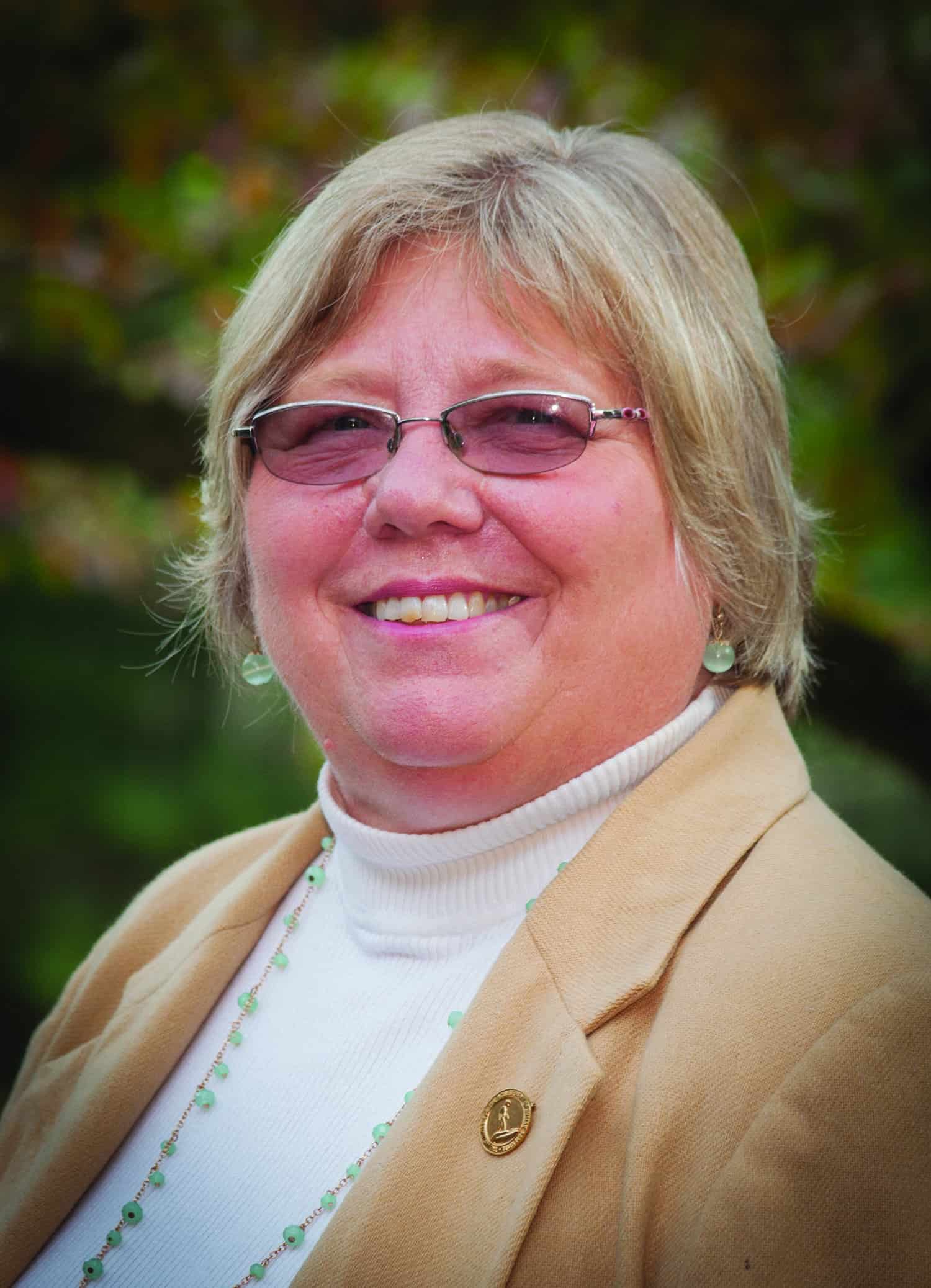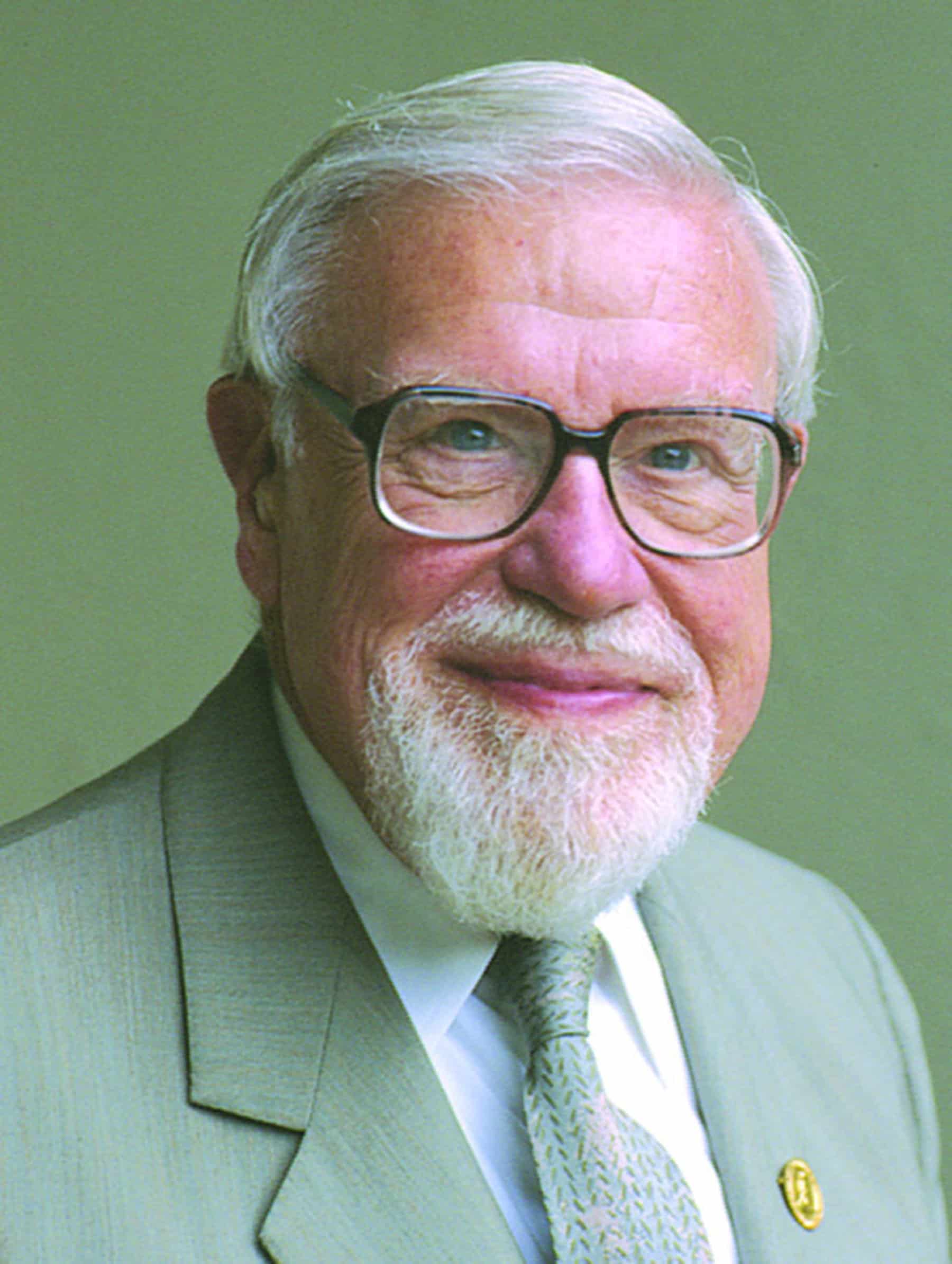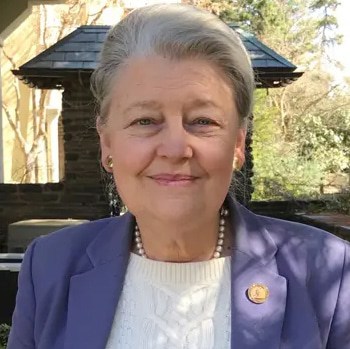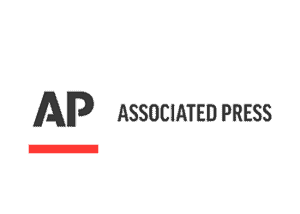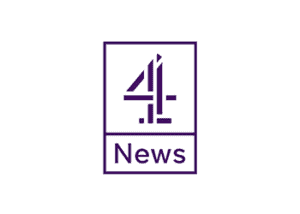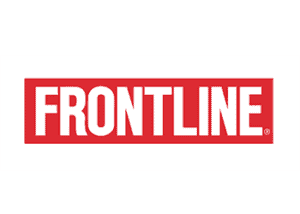“That one week at the How to Multiply Your Child’s Intelligence course 35 years ago made me realize how important my role was as a mother. I learned that the decisions I made to meet the earliest needs of my infant daughter would affect her forever. It became evident to me that being her first teacher was not a romantic notion. Watching the mothers at the IAHP class demonstrate with their tiny children how they enjoyed reading, playing violin, or doing brachiation (arm-over-arm swinging) while politely interacting and enjoying each other’s company was thrilling. No one had told the mothers I was watching that their children were exceptional at birth. The mothers were from all around the world, all classes of education, and different cultural backgrounds – and all believed their children deserved the best opportunity to learn from the very beginning.”
Elane’s daughter’s experience more than three decades later:
“Sitting in a frigid lecture hall, I looked around the room at my fellow seminar attendees. At various points, I saw tears of joy running down cheeks, jaws fully dropped in amazement, and more than a few perpetually nodding heads. After 30 plus years of hearing about The Institutes from my mom, I was finally able to personally attend the How to Multiply Your Child’s Intelligence course. The parents, grandparents, and teachers surrounding me were learning about the extraordinary capability of children, especially infants, and how they could be directly responsible for joyously cultivating tremendous intelligence within the children in their own lives.
Questions and praise overflowed at every scheduled break time. They simply couldn’t believe what they were hearing and witnessing, even though demonstrations of what was possible for tiny children were live and real.
In honesty, I cried too. Not because I was necessarily sharing in the “A-ha!” moment of my peers, but because I was gleeful that so many caregivers were finally getting it as to why babies are not meant to stay wrapped up in a blanket, lying on their backs, staring at the ceiling for months on end.
In the end, the message we gleaned was about creating a joyous and enthusiastic learning environment for children, not feverishly trying to create a baby genius. I understood that more profoundly after reflecting on why I always loved school and flourished in environments that focused on drawing connections between subjects rather than teaching them in isolation. (That is how The Institutes leaders encourage parents to teach by drawing connections). Now I know that’s exactly what my mother and father did. It set the stage for a lifelong interest in learning.
Recognizing parents as the best teachers a child can have while also recognizing a baby as an intellectual sponge, ready to learn from day one, is really what the program was all about for me. It is a message that I can only hope grabs more parents, grandparents, extended relatives, and caregivers of all sorts, quickly and deeply. We and all future generations will be infinitely better for it.”
~ Somer
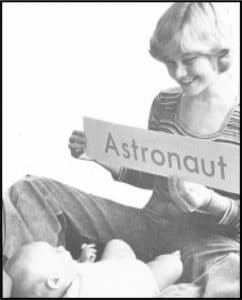
“Hammer throw is a discipline that requires extreme coordination, balance, strength, and even endurance, both mental and physical. Looking back, I am certain that without the early mental and physical training I received thanks to The Institutes’ Early Development Program and International School, I would not be where I am today. The International School students are trained to be physically, socially, and intellectually excellent individuals, well balanced across all three areas.
I first began to notice the differences among my peers in my ability to manage my time, something that for any college student is invaluable, but especially for a student-athlete who was also working part-time to be debt-free upon college graduation. Not only was I better at time management, but also I was able to retain information with ease. I am able to study in one hour, which takes my peers 2 or 3 hours to study; without doubt, this is thanks to my superior reading and information retention skills obtained through the intellectual program.
Obviously, due to the fact that my career requires heavy physical exercise, that is where I note large differences. My coordination and balance allowed me to learn a new discipline quickly. No doubt the countless hours of creeping and crawling as well as gymnastics helped me gain both balance and coordination.
However,the program (together with the International School) has helped in less obvious ways. I am positive that the program has helped me be mentally tough; perseverance, dedication, and mental strength, in general, are perhaps the most important traits an athlete can have, which are not developed easily. Of course, these are all traits with which we are born, but they can also be brought out and developed. The Institutes program does this through the social, intellectual, and intense physical program.
I honestly cannot find the words to express my infinite gratitude not only to my wonderful parents but also to the teachers of the Evan Thomas Institute who helped shape me into the athlete and person I am today.”
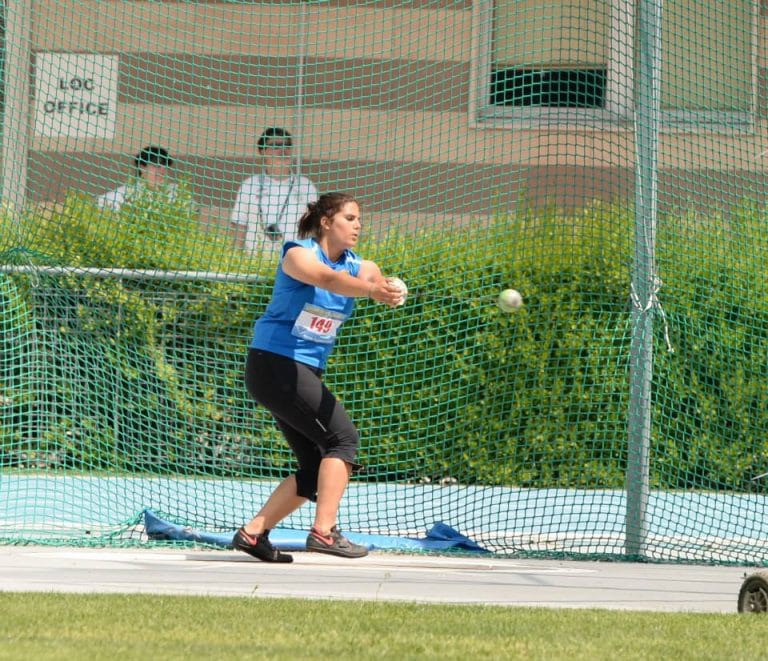
"My daughter, Clementine, is now almost two and a half, and not a day goes by that the learning program is not an intrinsic part of our lives.
At 3 months, Clementine could hold onto a dowel off the ground for 30 seconds as illustrated in the book, and she enjoyed swimming and could swim underwater.
Her manual dexterity at a young age was incredibly advanced, feeding herself and drinking from a cup at five months. She also had an amazing ability to focus on something.
Inspired by her progress, but with many questions, I enrolled in the How to Multiply Your Child’s Intelligence course. The course was inspiring and gave me the necessary encouragement and tools to take our home program to the next level.
At two, I was astounded when Clementine picked up a pair of chopsticks and proceeded to use them perfectly (I don’t hold my chopsticks correctly, and no one made an effort to teach her, we do not use chopsticks every day, possibly 30% of the time). She has been feeding herself with a fork, knife, and spoon for over a year and is adept at spreading butter on bread.
Her manual competence is very high, as is often demonstrated by her ability to open and close lipstick and turn the lipstick base so that the lipstick will come out to the right length, not too short, not too long, and then proceed to turn it so that the lipstick itself recedes and can be covered properly.
She also holds her pencils and pens perfectly. Clementine started violin lessons at two, she knows three languages fluently, English, Mandarin Chinese, and Tagalog (one of the languages of the Philippines), and as much Italian as I know, which is a year’s worth of Italian following the Institutes texts.
I could go on and on. We are so happy to be able to be a part of The Institutes."
